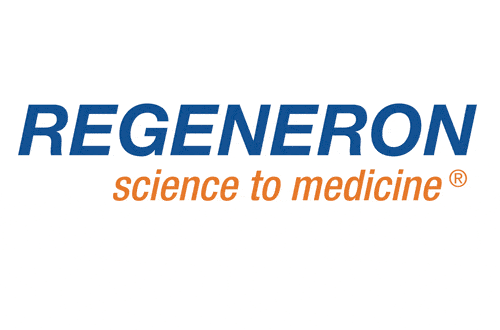
Regeneron’s pipeline candidate evinacumab reduced LDL cholesterol by 49% in patients with an inherited disorder which causes high cholesterol levels.
The phase 3 study investigated the use of evinacumab in patients with homozygous familial hypercholesterolemia (HoFH). This disorder causes high levels of ‘bad cholesterol’, or LDL cholesterol. People with HoFH often experience atherosclerotic disease, which causes a build-up of plaque in the arteries, with some suffering severe cardiac events in their teenage years.
The study tested evinacumab in patients aged 12-75 with HoFH who had an average cholesterol level of 255mg/dl, which is more than twice the recommended level of 100mg/dl. Despite patients already taking lipid-lowering treatments, such as statins and PCSK9 inhibitors, their levels of cholesterol remained dangerously high prior to enrolment in the study.
Regeneron’s trial met its primary endpoint by showing that adding evinacumab to other lipid-lowering therapies decreased LDL levels by 49% on average, compared to lipid-lowering therapies alone. These results follow the FDA in the US granting evinacumab Breakthrough Therapy designation in 2017, for the treatment of hypercholesterolemia in patients with HoFH.
“Despite recent therapeutic advances, there is still a significant unmet need to lower the LDL cholesterol of many patients with HoFH. On average, evinacumab reduced patients’ LDL cholesterol in half and was generally well-tolerated in the trial,” said George Yancopoulos, president and chief scientific officer of Regeneron.
“These results raise the potential that evinacumab may have value for other patients with severe, refractory hypercholesterolemia, where we have a trial ongoing,” he added.
Regeneron and partner Sanofi have another approved cholesterol-lowering drug, Praluent, which is a PCSK9 inhibitor. It is used to treat patients who cannot meet cholesterol-lowering targets with existing therapies, or who have inherited disorders that cause elevated cholesterol.
However, there has been limited take-up of the drug, caused primarily by a reluctance to purchase new costly cholesterol-lowering drugs, when the statins market has become generic and commoditised.
As a result, Regeneron and Sanofi agreed a deal with Express Scripts last year to discount Praluent in return for a preferred formulary position versus Amgen rival Repatha.




